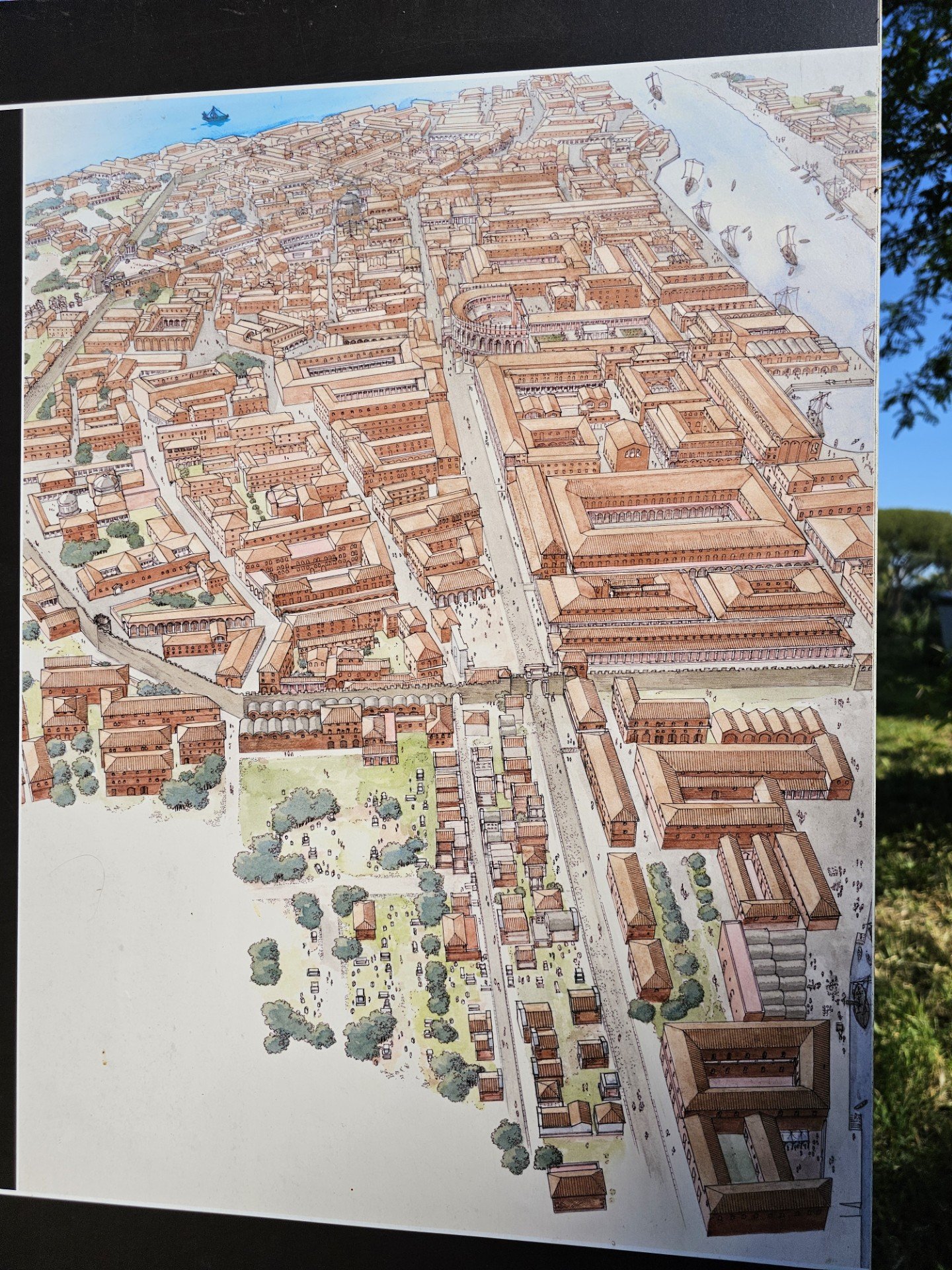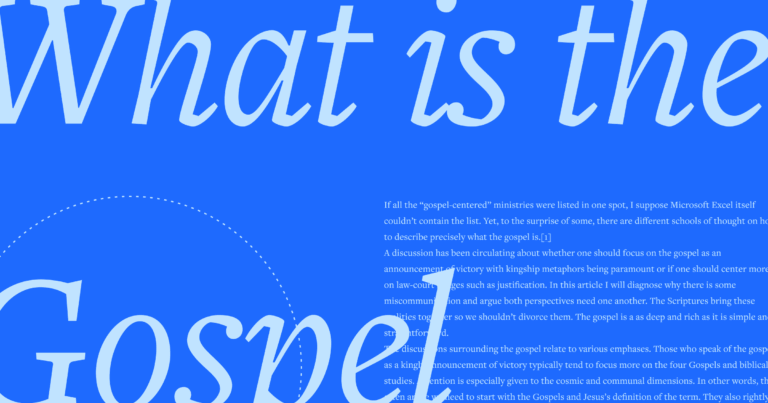In this Q and A session, Rico Tice, Alistair Begg, and Sinclair Ferguson respond to questions from the attendees of the Basic Conference. Listen to these men laugh and teach together as they offer a gold mine of practical wisdom. At the 40:48 mark, Alistair provides an answer to the question “How should a pastor think through and participate in corporate worship?” Transcript (Starting at 40:48) I think it is vitally important that the person who has the preponderance of the opening up of Scripture is organically involved in the framework of those church services, whatever place they may have in the public dimension of it or not. As a church sings, so it really goes. I mean, the things that, if you go into a congregation where it starts with, you know, man and his need rather than God and his glory—I mean, from the very opening of the thing, the orientation has been skewed in a direction. And I’m not sure that the congregation is able to navigate, is able even to distinguish that, necessarily. And therefore, those who are entrusted with the privilege of leading the praise—for me, I have a very close relationship with that all the time, partly out of a sense of self-preservation. I mean, when I came to America, this was a completely different world for me. I never… I mean, for six years, it was: I spoke to the organist, and we chose—I told him what my hymns were. He came in twenty minutes early, put them up on a board on the side: “Hymn 322” and so on. But my approach to the text of Scripture… And it’s true to this day that I’m just scribbling all the time in the margins of what I’m doing with hymns and songs that come to mind. And I don’t demand that those things are then used, but between myself and those who lead it, I’m involved in that. You know, Spurgeon said you can let somebody else preach for you, but don’t let him do your pastoral prayer. That’s a very interesting insight, and it’s akin to what Rico’s referencing here. And it actually is one of the ways in which the notion of affection is actually conveyed: not simply in the opening up of Scripture but the fact that there is that engagement. I mean, to our credit—but not so that we would blow our horn—but one of the things that comes back to us from the people who are online watching our services in various parts of the country, wherever else it is, they say, “It’s quite remarkable: You actually mention people’s names before you pray for them.” Well, of course we do! I mean, they’re our people. So, the place of Scripture, the reading of the Bible, the choosing of the hymns—everything—I would be regarded as a bit of a neanderthal, I think, when it comes to this in this context. The worst of it is… And I remember in the early days, I went to a place, and the guy that led the praise also played, like, a saxophone or something, and he had it round his neck, and every so often he would burst into playing this thing. And, you know, I didn’t know what to do except grab the saxophone and throw it somewhere, but… And it was all heavily programmed, and he said, you know, “And you have twenty-seven minutes.” I said, “How much time you got for your saxophone, by the way?” you know. So, it’s Deuteronomy 4: “Let us assemble the people that we might hear the word of God.” Everything else is contrapuntal motion in relationship to that.
Copyright © 2025 , Truth For Life. All rights reserved.
Unless otherwise indicated, all Scripture quotations are taken from The ESV® Bible (The Holy Bible, English Standard Version®), copyright © 2001 by Crossway, a publishing ministry of Good News Publishers. Used by permission. All rights reserved.












 English (US) ·
English (US) ·